Type of Rack Mount Fiber Enclosures
Rack mount fiber enclosure is of vital importance for organizing and protecting fibers for rack mount cabling applications in data centers. According to different configurations, there are various rack mount fiber enclosure types available in the market. So, which type should be used for your data center rack mount cabling?
How to Select the Right Rack Mount Fiber Enclosure?
As one of the most commonly used fiber enclosures in data centers, the rack mount fiber enclosure provides a convenient and rugged termination point for fiber optic cables, offering a flexible connectivity system using a variety of adapter panels and fiber cassettes. So, how to choose a suitable right mount fiber enclosure for your network. Please keep reading this article.
Rack Unit of Rack Mount Fiber Enclosure
Rack mount fiber enclosures are generally made for 19-inch rack mount and come in rack units of 1U, 2U, 4U. 1U and 2U rack mount enclosures provide full front and rear access with a drawer that slides forward and backward, which can support up to 144 fibers (LC) and 288 fibers (LC) respectively. As for 4U rack mount enclosures, they feature a fixed bulkhead design to support up to 432 LC fibers. The following picture shows the different rack units of rack mount fiber enclosure, you could choose the most proper one depending on the space and requirements of your project.
Cover Removable, Slide-out or Swing-out Rack Mount Fiber Enclosure
There are three general versions of rack mount fiber enclosures: cover removable, slide-out and swing-out type. If you have sufficient budget, slide-out type or swing-out type rack mount fiber enclosures are recommended. Although they are more expensive than the cover removable type, they respectively feature a convenient slide-out support tray and an integrated swing-out tray so that you don’t have to remove the whole fiber enclosure from the rack to gain internal access.
Rack Mount Fiber Enclosure with Fixed or Removable Front Panels
As we know, fiber optic adapters are the key part of rack mount fiber enclosures to accept the various fiber optic connectors. There exists fixed or removable front panels. The front can be loaded with appropriate fiber optic adapters, while the latter can accommodate several fiber optic adapter panels or cassettes. Nowadays, the removable front panels are becoming more popular with users, because a plug & play fiber adapter panel solution assures flexibility and ease of network deployment and MAC (moves, adds, and changes).
Splicing or Pre-terminated Fiber Termination for Rack Mount Fiber Enclosure
Fiber pigtail splicing and pre-terminated fiber assemblies are the two basic ways to do fiber termination. For pigtail splicing, you may need a rack mount fiber enclosure with fiber splice holders that are used for efficient management and storage of the spliced optical fibers. But if you utilize pre-terminated assemblies, the inner configuration of the rack mount fiber enclosure is the spools used to organize fiber cables. Obviously, the pre-terminated fiber solution will help you save more installed time and labor cost.
Rack Mount Fiber Enclosure Loaded with FAP or MTP® Cassettes
Rack mount fiber enclosures loaded with fiber adapter panels (FAPs) can be applied in both pre-terminated and field-terminated cabling environments. Depending on your applications, spools or splice trays are required to be installed. Besides FAPs, rack mount fiber enclosures can also be loaded with MTP® cassettes, providing a secure transition between MTP and LC or SC connectors. This breakout rack mount fiber enclosure is generally a pre-terminated rack mount patch panel to support up to 144 fiber distribution within 1U rack space, making it an essential device for 40/100G Ethernet network migration.
Guide for Choosing Suitable Rack Mount Fiber Enclosure
Here listed some tips for selecting the right rack mount fiber enclosure for you to follow.
Physical Demand
Before you buy a rack mount fiber enclosure, list all the requirements of it and the complete measurements: height, depth, width, and weight, which will ultimately determine what type of rack mount fiber enclosure you need. Please remember to choose a rack mount fiber enclosure with a larger capacity for all your existing equipment and future growth.
Accessibility Requirements
Your rack mount fiber enclosure should provide plenty of access points through the rear and top of the cabinet for installation and ongoing maintenance. Accessing your enclosure to add cables, without moving or disturbing active fibers, isn’t always a simple task. Under such circumstances, slide-out or swing-out rack mount fiber enclosures are easier to access your equipment, but they often cost more. Although cover removable type enclosures are more affordable, they can be harder to access and more difficult to maintain.
Besides, you need to consider any additional devices you’d like to put in your enclosure, like hubs, routers, patch panels, and monitors. Remember that any accessories that are not rack-mountable will require additional trays, shelves, and mounting accessories.
Budget
Choosing an affordable rack mount fiber enclosure that within your installation budget serves as a basic requirement. Should you choose budget-friendly equipment that works for the time being or custom, high-quality equipment that meets your needs now and in the future? It’s up to you. Obviously, a premium rack mount fiber enclosure is a durable item that will provide services for years to come.
Conclusion
Rack mount fiber enclosure has become increasingly popular in data centers to ensure better cable management and maintenance. Besides, it can also be employed for fiber splicing joints, patch cord connections and MTP to LC interface transferring. When you are choosing the rack mount enclosure, just make the choice based on your specific need, then take the physical demand, accessories and budget into consideration.
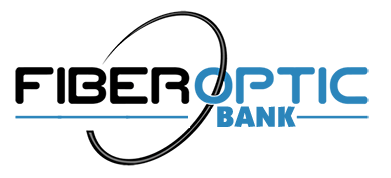
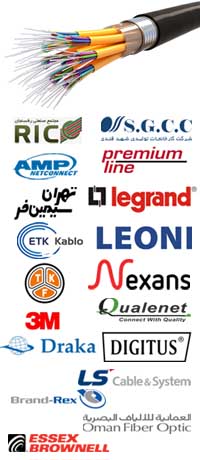
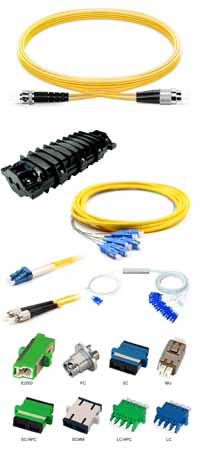
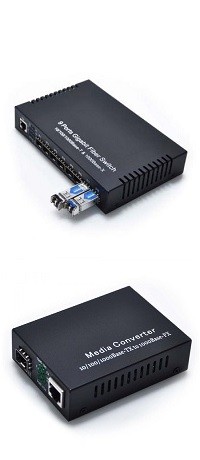
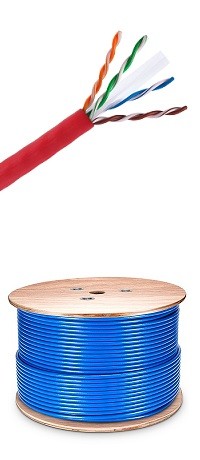
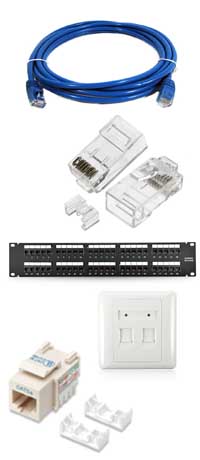
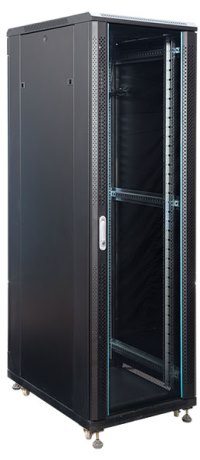
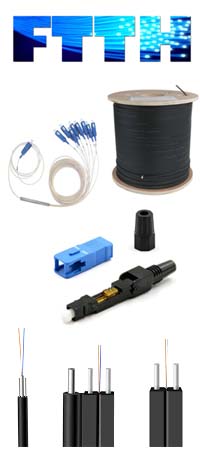

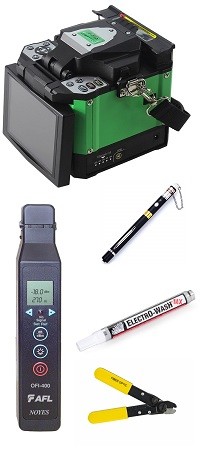
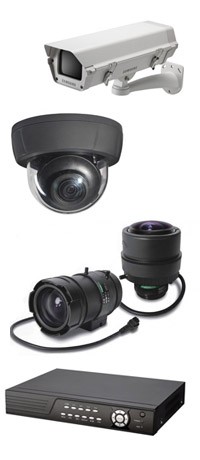



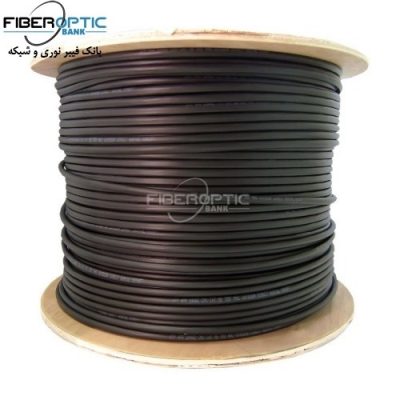


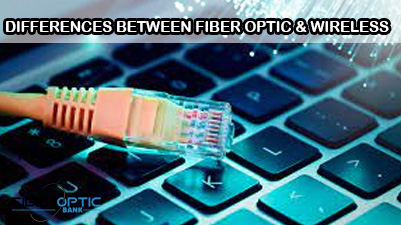
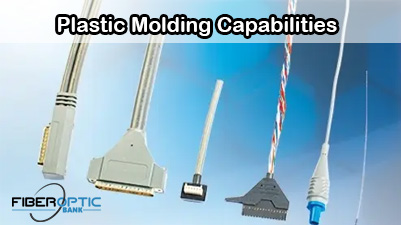
[ratings]